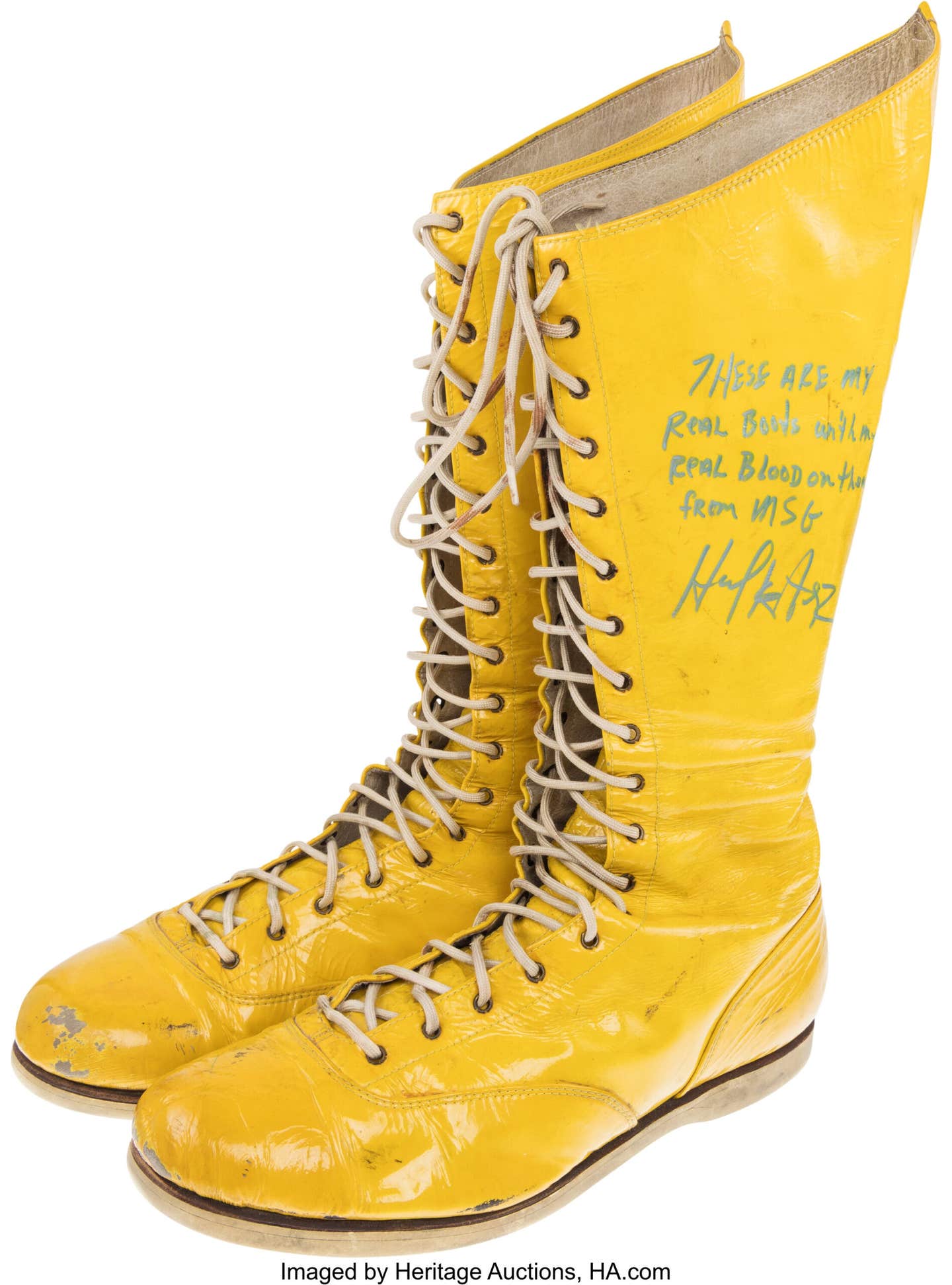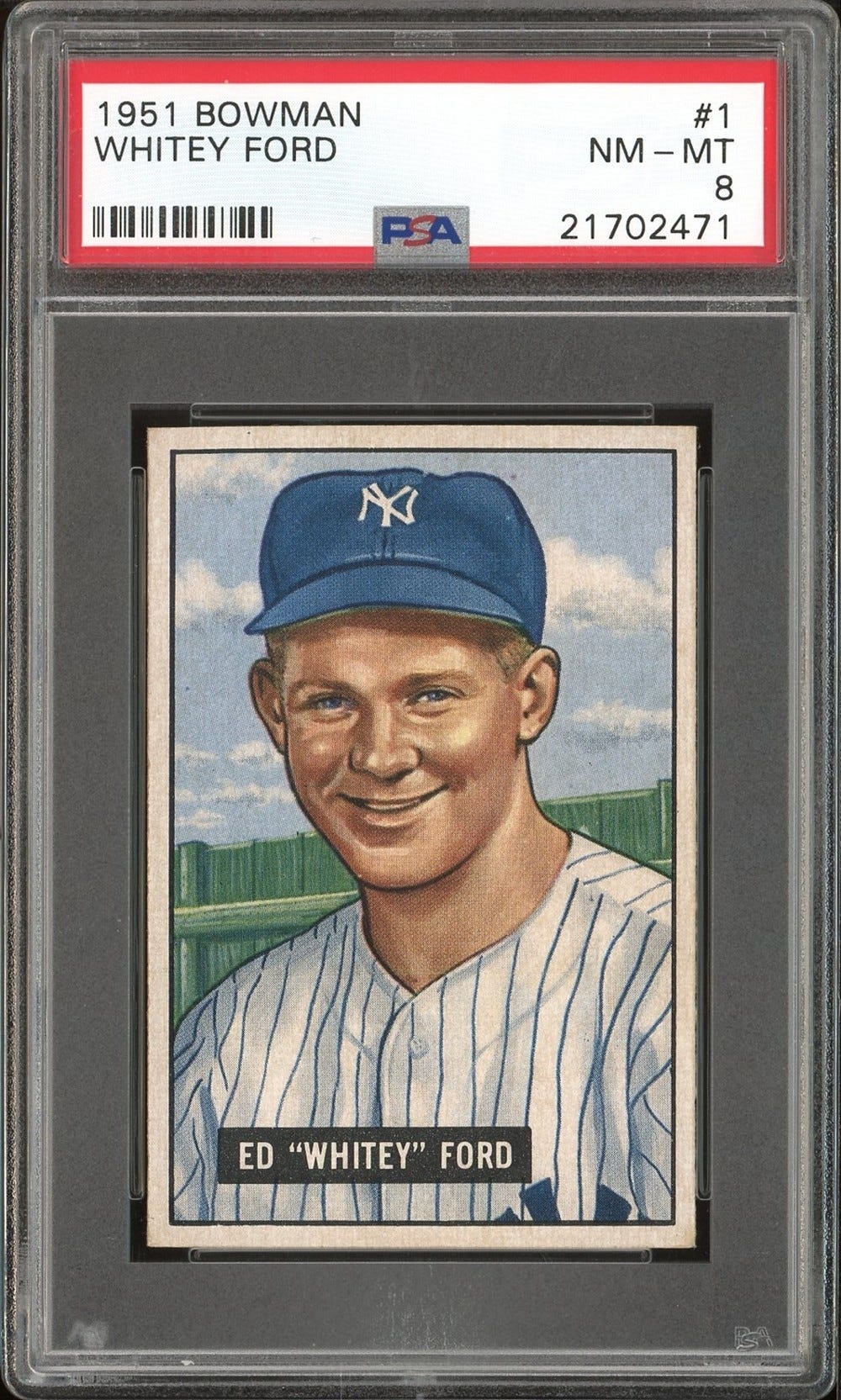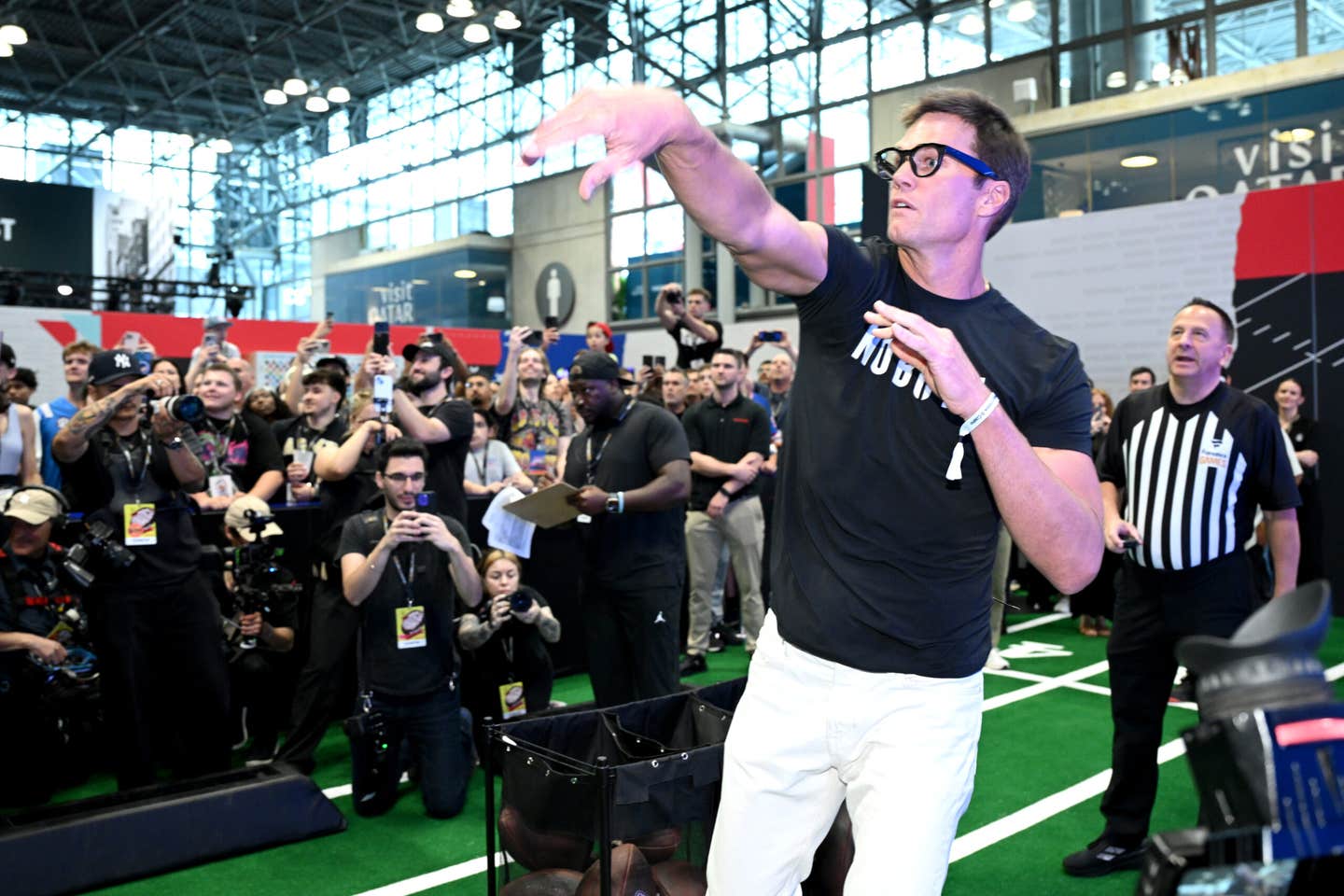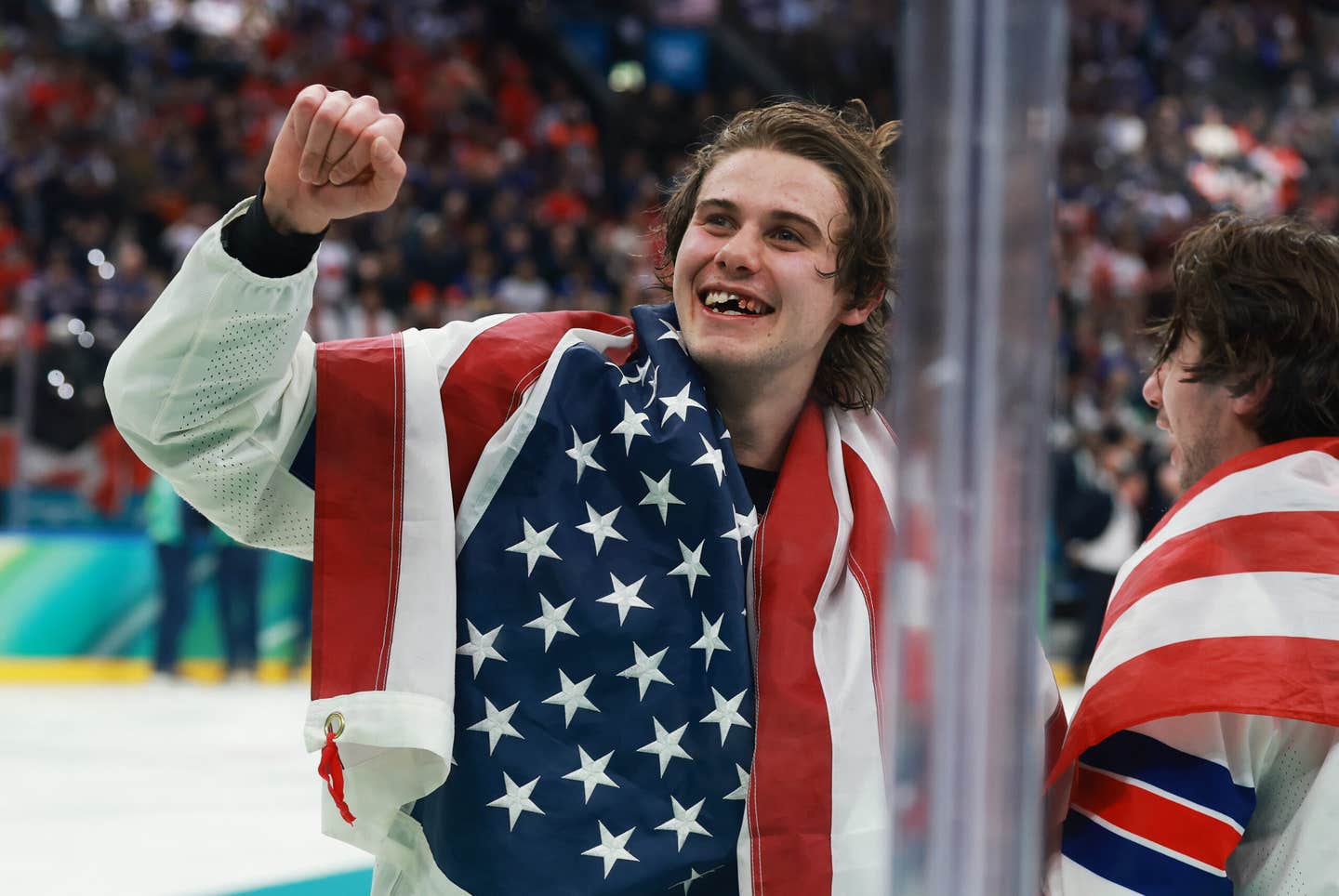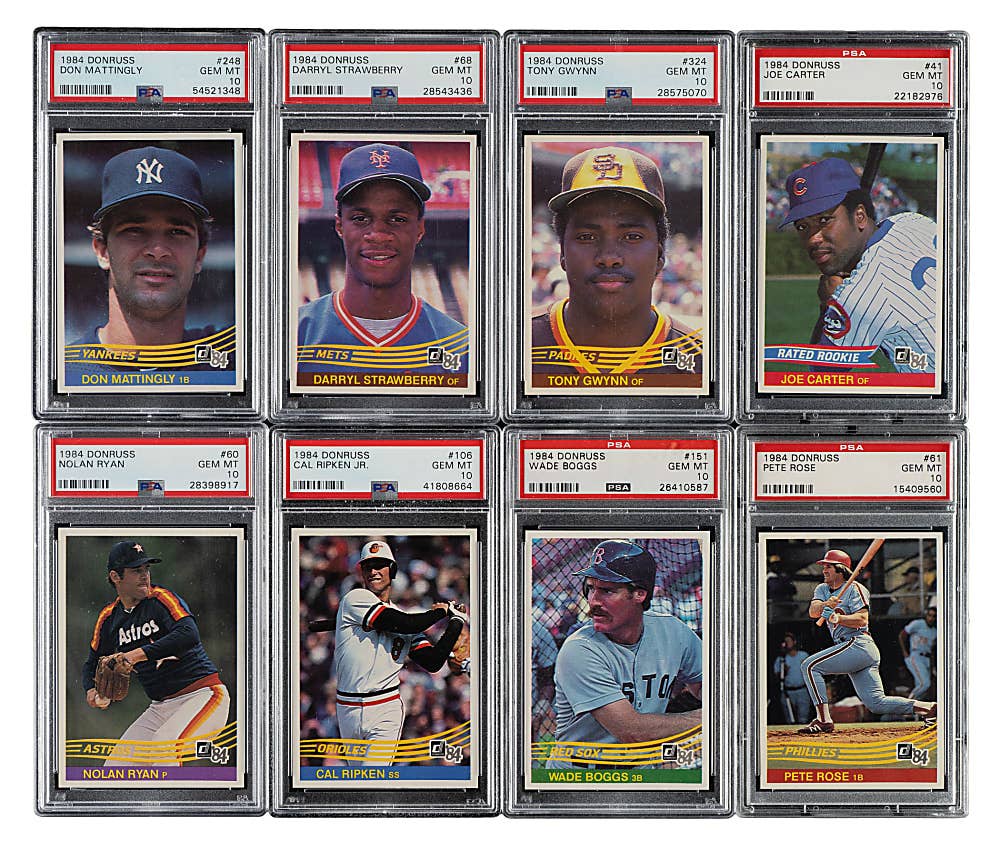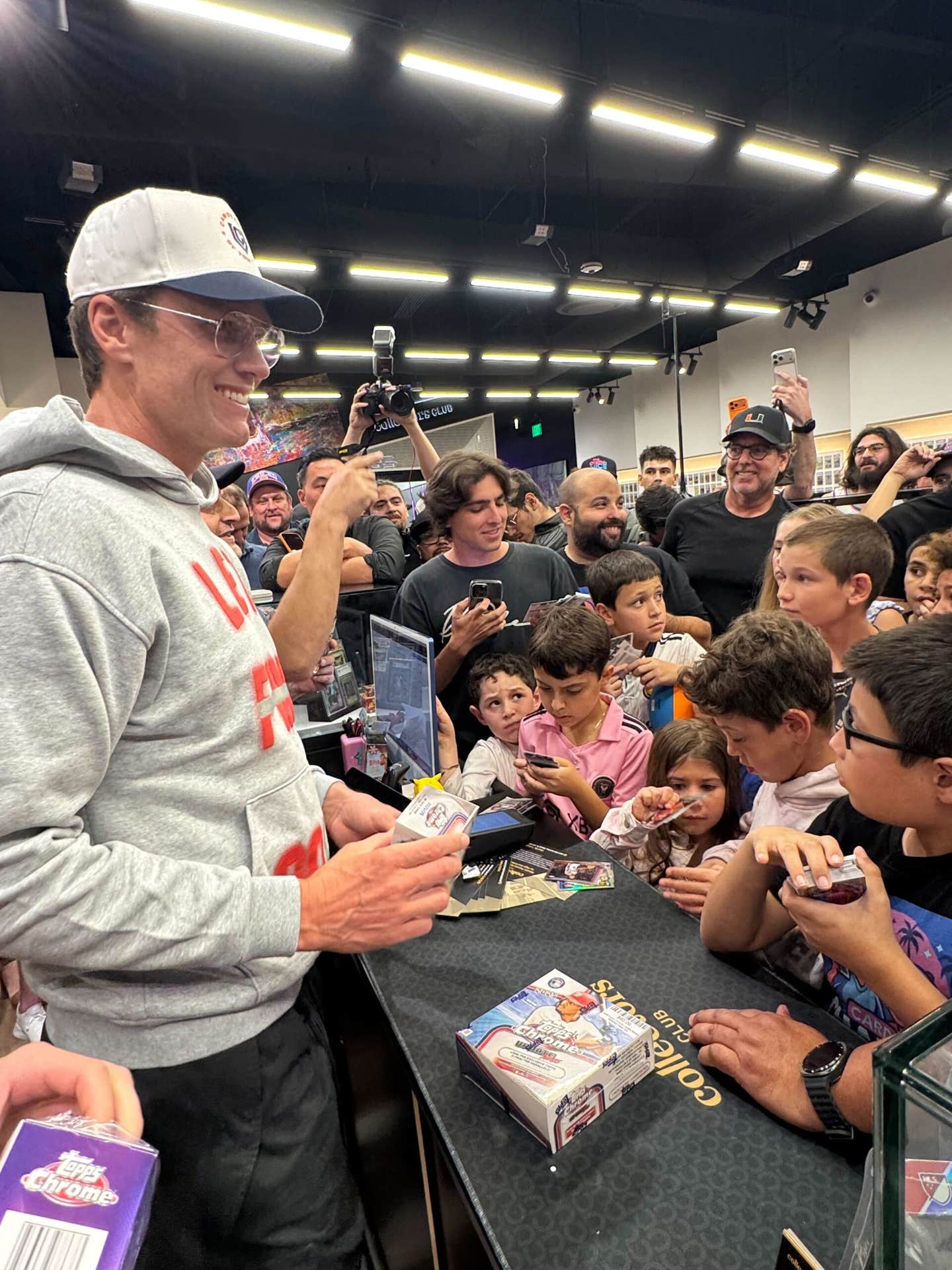News
The night Wilt Chamberlain proved unstoppable
The New York Knicks tried just about everything to prevent Wilt Chamberlain from scoring and scoring and scoring some more that raw, rainy, Friday night in Hershey, Pa., nearly six decades ago.
They surrounded the sinewy, 7-foot-1, 270-pound center with two, three, even four defenders, in hopes of pestering him each time he shot. They attempted to shorten the game by milking as much time as possible off the 24-second shot clock on each of their fourth-quarter possessions. They even started intentionally fouling the notoriously poor-free-throw shooting Chamberlain and his Philadelphia Warrior teammates.
Alas, none of the tactics worked. As the last-place, overmatched Knicks discovered during that March 2, 1962 regular-season NBA game, where there’s a Wilt, there’s a way.
Mixing fadeaway jumpers, dunks and finger rolls, Chamberlain willed his way to 100 points in front of just 4,124 spectators inside the Hershey Sports Arena, a concrete minor-league hockey barn built during the Great Depression. And by reaching triple-digits, he fulfilled a prophecy first made during his senior year at Philadelphia’s Overbrook High seven years earlier after he scored 92 points in three dominating quarters before mercifully taking the rest of the night off.
“We didn’t intend to become part of basketball history, but we really didn’t have much say in the matter,’’ recalled Al Butler, a former Knicks guard who scored 92 fewer points than Chamberlain that night. “Wilt had his mind made up, and when Wilt made up his mind to do something on the court in those days, he was about as impossible to stop as an earthquake.”
Butler learned this first-hand early in the game when he grabbed onto Chamberlain’s arms in hopes of thwarting a dunk. His attempt to eclipse the Big Dipper’s shot proved futile – and dangerous. “As we jogged down the court, Wilt said to me, ‘Please don’t try to block any dunk again ’cause your arm might get broke,’” Butler recalled. “He wasn’t trying to be mean. He wasn’t bragging. He was just stating fact.”
The unenviable task of guarding this Herculean hoopster fell to Darrall Imhoff, a 6-foot-10, 220-pound, second-year center/forward. Actually, Phil Jordon was supposed to match muscles with Wilt that night, but the 6-foot-10 veteran center reportedly was battling the flu. Some of his teammates, though, later claimed Jordon was too hung-over to play. Either way, he picked a good night to call in sick.
As author Gary Pomerantz chronicles in his book, “Wilt, 1962,” Chamberlain had his way with Imhoff. The Knicks center got into foul trouble early and had to be replaced by rookie Cleveland Brucker. As Imhoff stomped angrily toward the bench, he griped to one of the referees, “Why don’t you just give the guy a hundred now, and we’ll all go home?”
The prophetic Imhoff said afterward that defending Chamberlain was like trying “to hold up a big tree that had been cut and about to fall down on top of you.” That night, the tree collapsed on Imhoff and several of his teammates who offered defensive assistance virtually every Philadelphia possession. The Knicks weren’t the only NBA team feeling defenseless against Chamberlain that season. Just two months earlier, he established a single-game record with 78 points, and was on his way to averaging a mind-boggling 50.4 points per game.
Chamberlain started fast in Hershey, with 23 points in the first quarter and 41 by halftime. Warrior guard Guy Rodgers – with the blessing of Coach Frank McGuire – decided to continue “feeding the big guy the ball” in the second half so he could break his own record. Midway through the third quarter, famed Philly public address announcer Dave Zinkoff began announcing Chamberlain’s point totals each time he scored. This fired up the crowd and infuriated the Knicks, who thought it was bush league. They retaliated by fouling Chamberlain, but the strategy backfired as the career 50 percent free throw shooter made 28-of-32. New York’s hacking of other Warriors didn’t work either.
With 47 seconds remaining, Chamberlain jumped high above five defenders and dropped in a lob from Joe Ruklick for the basket that gave him an even 100. Fans stormed the court to shake Chamberlain’s hand and pat him on the back. It took nearly nine minutes before play could resume. Chamberlain spent the final seconds of Philadelphia’s 169-147 victory at center court. He didn’t want to attempt another shot because “100 sounded better than 102.”
Harvey Pollack, the longtime public relations director of the Philadelphia Warriors and 76ers, sprinted to the locker room and scrawled the number 100 on a blank sheet of paper. Chamberlain held it up while seated at his locker, and the photograph by off-duty Associated Press photographer Paul Vathis became iconic.
In today’s world, Chamberlain’s feat would have gone viral; would have been celebrated and talked about for weeks. But the internet didn’t exist back then, and the game wasn’t even televised because the NBA was regarded as a poor stepchild to Major League Baseball and the NFL. So, no video from that game exists; only remastered audio from Warriors radio play-by-play man Bill Campbell.
In the early 1960s, in an effort to reach more fans, the NBA began scheduling more neutral-site games in mid-sized cities like Hershey, which explains why that mythic feat occurred there. Years later, Chamberlain joked to me he’d heard from at least 20,000 people who claimed to be in “Madison Square Garden” the night he scored 100. “I don’t bother correcting them,” he said, chuckling. “I just nod my head, and say, ‘No kidding.’”
Over time, the NBA’s popularity soared to the rafters, and Chamberlain’s monumental achievement gained the appreciation it deserves. “I feel good about that,” he said in 1997, just two years before his death at age 63. “When it occurred, people considered it ho-hum. Kind of took it for granted because I was putting up big numbers every night. I guess I set the bar too high.”
The closest anyone’s come to Chamberlain’s lofty standard is Kobe Bryant’s 81 on Jan. 22, 2006. That outburst by the Los Angeles Lakers legend is regarded as one of the finest performances in NBA history, but it still fell 19 points short of the Big Dipper’s.
“Wilt towered over the game,” said Butler, providing historical context. “And so does that record.”
Nationally honored journalist Scott Pitoniak is the author of more than 25 books, including the recently published, “Remembrances of Swings Past: A Lifetime of Baseball Stories,” available in paperback and on Kindle at amazon.com.



